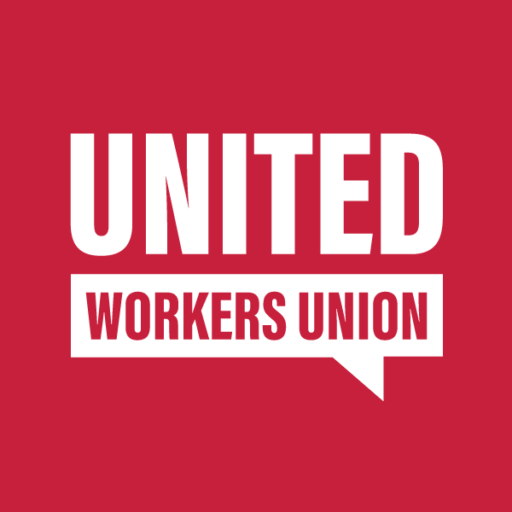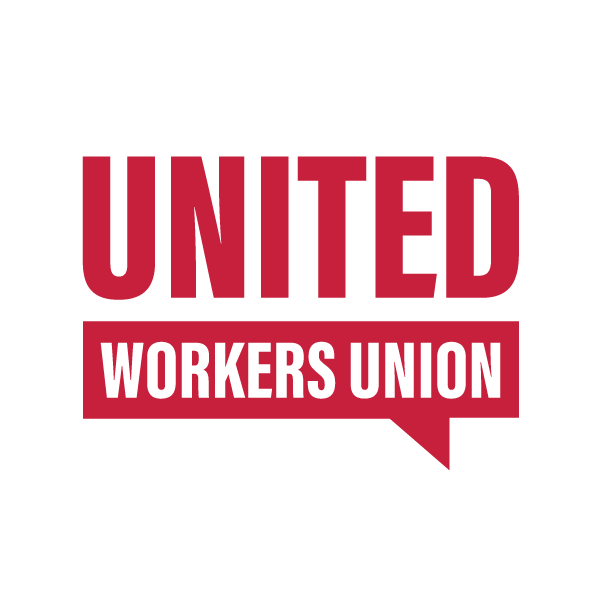From colleagues to clients – what you need to know
The last 18 months have been hard for everyone. We’ve experienced social isolation, fear of the future and understandable health anxiety.
Some people have dealt with huge financial pressures and have gone months without a stable income.
Many at the other end of the scale have faced extreme levels of overwork and exhaustion. In some essential industries, there just aren’t enough workers to go around. We work long hours and face extreme burnout.
Everyone is feeling the pressure. For some people, when they’re feeling stressed and overwhelmed, they get angry. Maybe you’ve experienced unnecessary aggression from your colleagues? Or perhaps you’ve dealt with some outbursts from your clients (or their family) at work?
Aggression in the workplace is unacceptable, no matter what they’re going through. Aggression in the workplace can be considered violence. It can have an enormous impact on your physical and mental health.
So, what should you do if you’re experiencing aggression in the workplace and what are some tips to help you deal with it?
Is dealing with workplace aggression your responsibility?
Technically, it shouldn’t be, but it doesn’t always work out that way.
Pia Cerveri from Victorian Trades Hall Council said the first thing to remember is that your health and safety is the responsibility of your employers.
“Employers ultimately have the responsibility to create a safe and healthy workplace, so it is on them. That includes if government directions have changed,” she said.
For example, you work in an aged care home, and you have a colleague that refuses to wear a mask around your clients. What do you do?
According to Pia, the first thing to do is try having a talk with your colleague.
“If they don’t want to do it, you tell your employer. Your employer has the duty to ensure the workplace is safe and healthy,” she said.
Ultimately, it’s your employer’s responsibility.
“I don’t think any worker should ever be put in the position of policing or enforcing a government health order without being retrained and properly recompensed for that as it puts them at risk immediately,” she said.
If the employer doesn’t care, there are other avenues to pursue. However, it’s helpful if your workplace has a high level of union membership.
“A higher union density and organisation around these sorts of occupational health and safety issues are really important,” Pia said.
How to communicate with and educate clients
What about dealing with clients, such as parents in an early education setting? Many early educators are being asked to take temperatures and monitor parent mask wearing during this pandemic. What are some ways we can reduce the likelihood of resistance and aggression in these settings?
Pia said it’s all about education and communication.
“First, make (the changes) very clear via whatever message system they use, email or telephone calls or whatever. Let the parent group know this is the change,” she said.
Then, have a staff member available who has a relationship with the parents to greet them as they enter the centre.
“(They) can talk to them about it and say, ‘this is not our doing, but it is what’s happening’,” she advised.
Dealing with aggression in the workplace
What happens if you find yourself in a situation with an aggressive client or colleague? You’re trying to do your best to follow the rules, and they’re resisting and blaming you.
Firstly, try to contact your manager. However, if they’re unavailable, there are a few de-escalation tips you can follow.
- Speak calmly and stay confident. Use a low, monotonous voice.
Treat the person with dignity and respect. Don’t stoop to their level by trading insults. - Empathise with their feelings but not their behaviour. By saying ‘I understand you’re upset but it’s not acceptable for you to swear at me,’ they may realise the impact they’re having on you.
- Seek support from your colleagues.
- Ask the aggressor to leave the premises.
- Leave the area if you’re feeling unsafe.
What to do after an aggressive incident
When you’ve gone through an incident of aggression in the workplace, it’s important that you report it to your employer. You may also want to report the incident to the police, particularly if there has been a threat of violence or an assault. Make sure you keep a record of what happened, when, and where it happened.
It’s also important to talk about what happened to you, whether it’s to a colleague, friend, family member or your employer. Regardless of how you feel, instances of aggression in the workplace can affect your mental health for a long time.
If you’re struggling to cope, talk to your employer about what support services are available to you.
You can also talk to services including:
If you’d like more support in the workplace, consider becoming a member of the United Workers Union. United Workers Union members have access to industrial officers, legal advice, and OH&S training – all there to help you stay safer at work.

